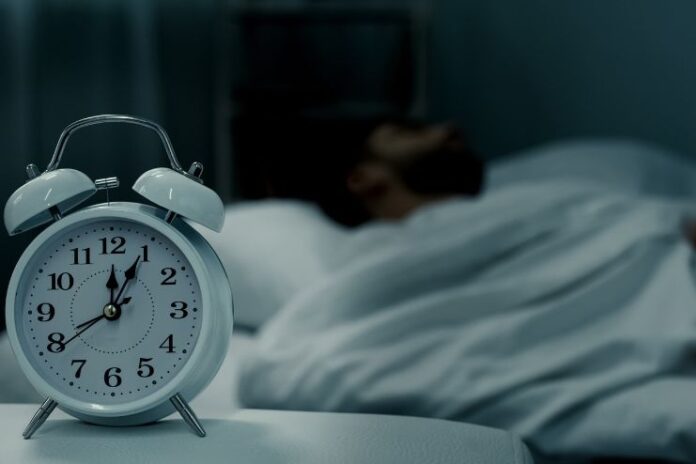Affiliate Disclaimer
Some links in this article are affiliate links. We may earn a small commission if you make a purchase through these links, at no extra cost to you. We only recommend products we find useful to our readersGetting enough good sleep builds a healthy existence, yet many men struggle. Numerous variables, including stressful work schedules, late-night screen usage, lifestyle choices, and stress, can interfere with sleep patterns, resulting in exhaustion, difficulty focusing, and even long-term health problems, including obesity and heart disease.
Men’s complete health depends on getting enough good sleep, which impacts everything from mental clarity and emotional equilibrium to physical performance. A restful night’s sleep is essential for both personal and professional success since it boosts mood, increases productivity, and aids in muscle recovery.
This article focuses on eight helpful tips that guys can apply to get better, more restful sleep. Whether you wish to improve your nighttime routine or are dealing with insomnia or frequent wakefulness, these tips can help.
Read More: How Sleep Affects Hypertension: Tips for Better Rest
Hack 1: Establish a Consistent Sleep Schedule
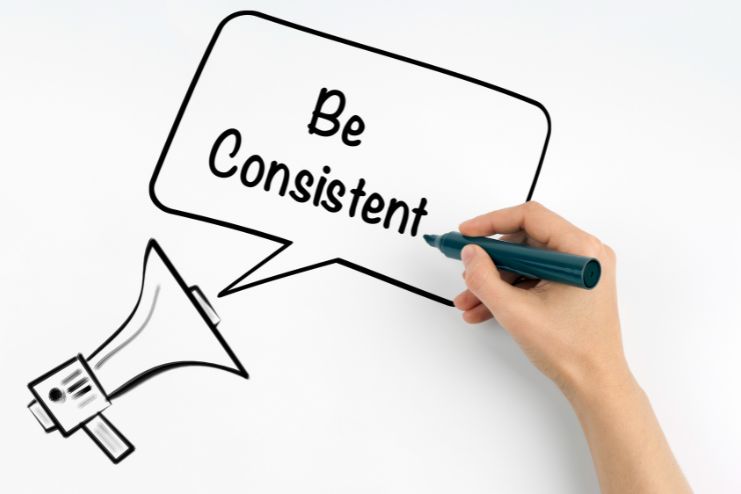
Adults require at least seven hours of sleep per night for optimum mental and physical health, and it’s critical to acquire this amount of sleep regularly.
Maintaining a good sleep schedule is one of the best strategies for encouraging regular sleep. When you practice proper sleep hygiene, your mind and body adjust to a pattern that includes lots of healthy sleep.
Maintaining a regular sleep routine can benefit your performance and mental and physical health. Sleeping adequately helps you manage everyday stress and reduce vulnerability to small adverse events.
Establishing a bedtime routine can help those who regularly don’t get enough sleep lay the groundwork for getting enough sleep. A bedtime routine is a series of actions you take 30 to 60 minutes before bed in the same order each night.
You can modify your nighttime routine to suit your unique requirements and sleeping environment. By implementing sleep hygiene practices into your everyday routine, you can prepare your body and mind for a good night’s sleep.
Hack 2: Create a Relaxing Bedtime Routine
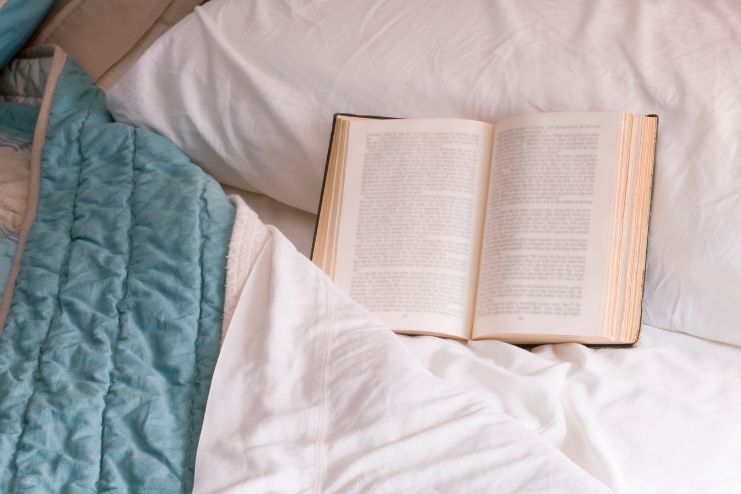
Establishing a bedtime routine each night aids in developing habits that inform your body and brain when it’s time to relax, get ready for bed, and sleep. Reading a book, meditating, shutting off electronics, and other activities are examples of nighttime rituals that can differ from person to person.
If you maintain a regular bedtime, your body and mind will be better prepared for sleep each night. Make an effort to pick a time and follow it. As your scheduled bedtime draws closer, you may notice you’re starting to feel drowsy. Whether you like to stay up late or go to bed early is irrelevant. You can help your body and mind prepare for sleep by sticking to that sleep routine each night.
Dinnertime may affect your sleep. Avoid eating anything for a few hours before bed as part of your regimen. Your body must break down food, which can keep you up at night. Additionally, steer clear of heavy supper fare. Choose a lighter dinner option and consume all your calories at breakfast and lunch.
Although taking a cold shower right before bed could seem like a shock to the body, it has the opposite impact. A cold shower aids in stress relief and anxiety reduction. Stress from a stressful day might linger into nighttime, keeping you up with anxieties and racing thoughts. Taking a cold shower relieves tension and calms tense feelings. Sleep is encouraged by the cozy and welcoming feeling of climbing into a warm bed.
Read More: Acupressure Mats: Can Lying on Spikes Improve Your Sleep & Pain?
Hack 3: Optimize the Sleep Environment

Your sleeping environment has a very significant impact on how well you sleep. It can be challenging to fall and remain asleep in a disorganized, uncomfortable, or noisy bedroom. Making the most of your sleeping area will enhance your capacity to unwind and take in more restful, deep sleep.
Avoid using your bed to answer calls, send texts, or reply to emails. Don’t watch late-night TV there, either. The bed should encourage sleep rather than wakefulness. Keep your bed for sleeping and having sex.
Adjust the lighting because intense blue light from displays might disrupt melatonin production. To filter out harmful light, use warm, dim lighting in the evening and think about using an eye mask or blackout drapes.
Invest in pillows that support your sleeping position and a cozy mattress. Declutter your bedroom and use earplugs or white noise devices to drown out distracting noises to make it less stressful.
Read More: Top EMF-Blocking Devices for Better Sleep & Reduced Radiation Exposure
Hack 4: Limit Screen Time Before Bed
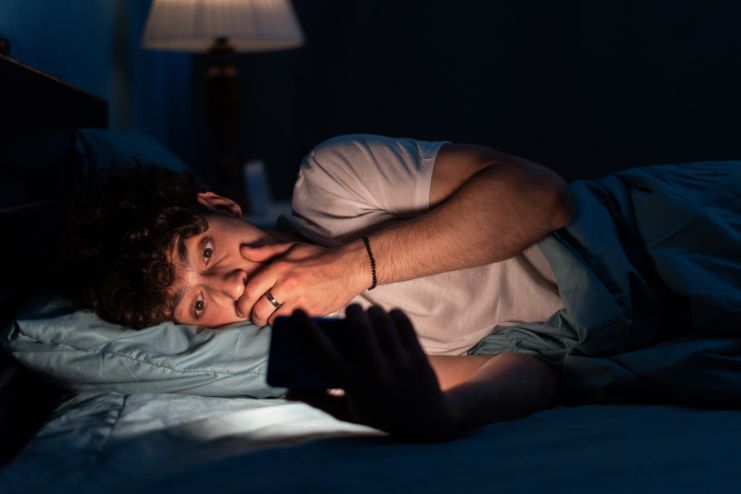
Melatonin is created at night when there is little or no exposure to light. It is one hormone that aids in falling and staying asleep.
According to sleep standards, screen use should be avoided an hour or two before bed. However, we discovered that screen time did not significantly impact young people’s sleep in the two hours before bed. Instead, screen time brought on issues after bed.
Our cell phones are radiation emitters. Even while this radiation isn’t as harmful as Chernobyl, it can nevertheless seriously affect how well you sleep. According to a study presented at the Progress in Electromagnetics Research Symposium at the Massachusetts Institute of Technology, cell phone radiation can result in decreased and delayed sleep.
The blue light generated by cell phones may harm the retina. According to a study on animals, blue light can damage retinal photosensitive cells, which cannot be replaced. Scientific theories state that if something is hazardous to animals, it will also be dangerous to people.
Many international organizations advise teenagers to give up electronics an hour or two before bed and instead engage in peaceful family time or book reading.
Hack 5: Watch Your Diet and Hydration

The foods and beverages you consume daily, particularly before bed, greatly influence sleep quality. Inappropriate late-night food or drink consumption might cause indigestion, restlessness, or frequent bathroom breaks, all interfere with sleep.
Both a rumbling stomach and an excessively full belly can keep you awake. Avoid large meals two to three hours before bed. Eat a small, nutritious snack before bed to keep you full until morning, like a few whole-wheat crackers or an apple with a slice of cheese.
Avoid including chocolate and wine in your pre-bedtime snack. Chocolate contains caffeine, which acts as a stimulant. Alcohol, surprisingly, has a comparable impact. Although it makes you feel drowsy, it is essentially a stimulant that interferes with nighttime sleep. Also, avoid anything hot or acidic (such as citrus fruits and liquids), as these might cause heartburn.
While being hydrated is essential, consuming excessive amounts of water immediately before bed can result in numerous trips to the restroom. Aim for adequate hydration during the day and cut back on liquids an hour before bed.
By carefully controlling your nutrition and water intake, you can avoid sleep disruptions and prepare for deeper, more restful sleep.
Read More: Can Melatonin Supplements Harm Your Sleep Cycle Long-Term
Hack 6: Exercise Regularly for Better Sleep
One of the best strategies to enhance sleep quality is to engage in regular physical activity. Exercise increases slow-wave sleep, the most restorative part of the sleep cycle, lowers stress, and encourages deeper sleep by regulating your circadian rhythm. Exercise also aids in burning extra energy, which facilitates nighttime sleep.
A vigorous daily walk will help you lose weight and sleep better at night. Exercise enhances melatonin and other natural sleep chemicals. Pay attention to when you work out. It can be stimulating to exercise too soon before bed. Morning exercises that expose you to broad daylight will aid your natural circadian rhythm.
Everybody has a different ideal time to work out. While nighttime workouts can be helpful if done at least two to three hours before bed, morning workouts can increase energy levels and regulate sleep patterns.
You can further improve the quality of your sleep by including activities in your everyday routine, such as stretching, taking the stairs, or going for a walk after dinner. Maintaining an active lifestyle will enhance your long-term health and make you feel more relaxed and revitalized.
Hack 7: Manage Stress and Anxiety

Two of the leading causes of insufficient sleep are stress and anxiety. It’s hard to unwind and sleep when your mind is racing with concerns about your personal life, career, or finances. Prolonged stress raises cortisol levels, throwing off your sleep schedule and causing you to wake up often at night.
Your to-do list is endless, and the costs are mounting. At night, concerns from the day may reappear. One trigger is stress, which triggers the fight-or-flight hormones that interfere with sleep. Before going to bed, give yourself some time to relax. Knowledge of the relaxation response can help you sleep better and feel less anxious during the day. Try deep breathing techniques to unwind. Please take a deep, slow breath, then release it.
Before bed, you can decompress and relieve tension by practicing progressive muscle relaxation, journaling, or meditation.
If everyday stress becomes too much to handle, try scheduling self-care activities, like taking a warm bath, listening to relaxing music, or taking up a hobby. If you actively manage your stress and worry, you may establish a calm mental environment and go into deep, restorative sleep more easily.
Read More: Best Foods to Eat Before Bed for Deep Sleep & Muscle Recovery
Hack 8: Invest in a Comfortable Mattress and Pillows
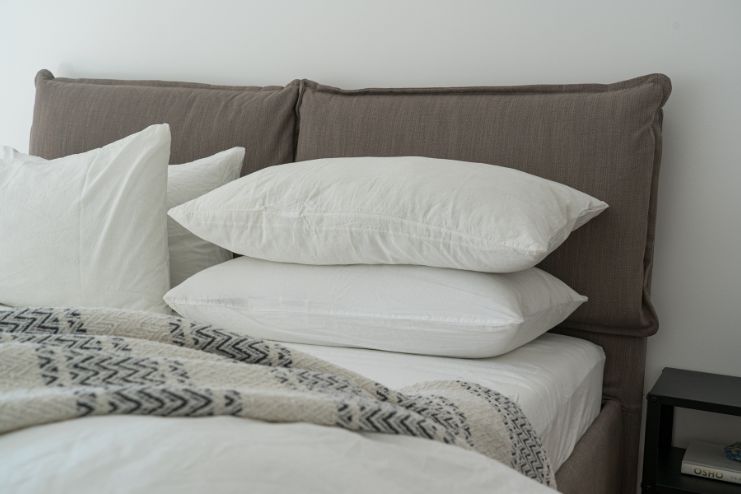
The setting in which you sleep is crucial to getting a good night’s sleep. Your mattress and pillows are two of the most critical components of this space. Purchasing high-quality sleep aids can improve the quality of your sleep and, in turn, your general health.
A quality mattress offers your spine and pressure points the support they need, so it’s more than simply a place to sleep. This support is essential for your body to remain properly aligned while you sleep. Your muscles and joints are less stressed when your spine is properly positioned, enabling you to wake up feeling rejuvenated and pain-free.
Our sleep positioning frequently influences the quality of the pillow we use to support the weight of our heads while we sleep. For instance, experts commonly advise back sleepers to use a smaller, contoured pillow to bridge the space between their neck and the mattress. Conversely, side sleepers should have space between their necks. To keep our heads aligned with our spine, experts advise using a thicker cushion to bridge and raise the gap.
Furthermore, to provide ongoing support and hygiene, replace your pillows every 1-2 years and your mattress every 7-10 years. Making a comfortable sleeping environment a priority can help you wake up feeling rested, pain-free, and prepared to face the day.
Consistency is Key
Developing dependable behaviors that promote long-term rest and recuperation is more critical for improving sleep than finding fast cures. You should incorporate these sleep hacks into your daily routine to improve your energy levels, overall well-being, and sleep quality.
Stability is essential for your body, particularly during sleep. You can train your body’s internal clock by going to bed and waking up at the same time every day, maintaining a soothing bedtime routine, and improving your sleeping environment. It will make it easier to fall asleep and wake up feeling rejuvenated.
Be persistent and patient because change takes time. Although it could take a few weeks for your body to adapt fully, the advantages—such as increased physical health, better focus, and improved mood—make the effort worthwhile. If you maintain these routines, a good night’s sleep will come naturally.
Read More: How to Reset Your Circadian Rhythm for Better Energy, Sleep, and Focus
Conclusion
Every man’s general well-being depends on getting good, restful sleep. These eight sleep hacks can enhance your physical and emotional well-being, improve your sleep patterns, and help you wake up feeling rejuvenated. Establish a calming evening ritual to encourage relaxation and make your sleeping environment as comfortable as possible. Be mindful of your nutrition and hydration, and steer clear of stimulants right before bed.
While stress-reduction methods like deep breathing and mindfulness might help you relax at night, regular exercise can help you control your sleep pattern. Purchasing pillows and a comfy mattress promotes restful sleep, but consistency is crucial for long-term sleep success.
Making sleep a priority is essential, not a luxury. These minor yet significant improvements will position you for improved health, increased energy levels throughout the day, and improved attention. Commit to your sleep health, and enjoy the rewards of genuinely restful evenings.
References
- https://www.sleepfoundation.org/sleep-hygiene/bedtime-routine-for-adults
- https://www.sleepfoundation.org/sleep-hygiene/how-to-reset-your-sleep-routine
- https://www.thensf.org/setting-a-regular-sleep-schedule
- https://www.sleepcareonline.com/articles/ideal-bedtime-routine-for-adults
- https://www.healthline.com/health/nighttime-routine#prepping-for-tomorrow
- https://www.sleepstation.org.uk/articles/sleep-tips/wind-down-routine
- https://www.uclahealth.org/medical-services/sleep-medicine/patient-resources/patient-education/sleep-and-men
- https://www.health.harvard.edu/newsletter_article/8-secrets-to-a-good-nights-sleep
- https://caromonthealth.org/news/good-sleep-health-boosting-habits-for-men/
- https://www.ndtv.com/world-news/screen-time-in-bed-is-worse-than-screen-time-before-bed-study-6488051
- https://www.hopkinsmedicine.org/health/wellness-and-prevention/exercising-for-better-sleep
- https://pmc.ncbi.nlm.nih.gov/articles/PMC10503965/
- https://www.sleepfoundation.org/physical-health/diet-exercise-sleep
- https://elitedna.com/anxiety-management-techniques-8-techniques-to-help-men-manage-anxiety/
- https://www.sleepfoundation.org/sleep-hygiene/how-to-relieve-stress-for-bedtime
- https://www.hopkinsmedicine.org/health/wellness-and-prevention/sleepless-nights-try-stress-relief-techniques
- https://www.comfortlivingph.com/why-you-should-invest-in-a-good-mattress-and-pillow-set/
- https://www.sleepfoundation.org/best-mattress/most-comfortable-mattresses
In this Article















